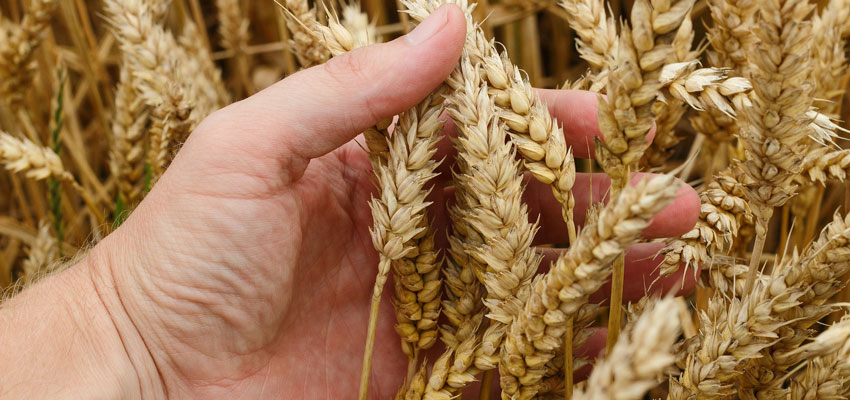Affidia - the Journal of Food Diagnostics was offering an interactive webinar on Dec 16th 2021, which caused our interest as they invited a “high-calibre panel” of European specialists in mycotoxin analysis and legislation.
The panellists included:
- Frans Verstrate, a well-known member of the European Commission
- Prof Bojan Sarkanj, who is active in the Global Harmonisation Initiative (GHI), which aims to find a common understanding between all countries on food safety issues
- Alberto Mantovani, member of EFSA's Mycotoxins Working Group and Research Director of the Italian Institute of Health
- Marco Binaglia, who is Team Leader in EFSA's BIOCONTAM group
- Rebecca Fernandez is Director of Food Policy, Science and R&D at Food Drink Europe, the umbrella organisation of European food industry organisations
- Prof Reyneri and Prof Ritieni also participated in the panel and brought current scientific approaches to mycotoxin analysis.
The two-hour workshop reflected on mycotoxin regulation in Europe, current analytical perspectives and addressed in particular the coming challenges that are already foreseeable today as consequences of global climate change.
What has already been documented in studies, is that the "fungal and mycogeography" is moving steadily from south to north with the global temperature increase in the northern hemisphere. “New” mycotoxins are also appearing, as a result of the adaptation of harmful fungi to the new environmental conditions but also because the analytical horizon has expanded. It was also discussed that metabolites also need to be monitored and what has not really been considered in the regulations so far is the interaction of different mycotoxins in toxicological terms. Similar approaches already exist in the area of pesticide residues, where we can already observe metabolites, degradation products of active substances and the toxicological effects of joint exposure. Mycotoxins are among the most dangerous natural toxins that accumulate over a person's lifetime. They can pose mutagenic, carcinogenic and teratogenic risks, which is why we need to minimise their intake as effectively as possible.
There was also the question of whether a decontamination or dilution strategy for mycotoxin-contaminated crops could be a future solution to obtain safe food. The experts agreed that dilution of contaminated commodities with low contaminated batches is not a solution, as this will not make the mycotoxins disappear. This would only be justified in a severe global supply crisis to maintain a basic supply. However, we currently have a distribution problem, because there would actually be enough for everyone.
One approach to risk reduction should be the selection of mould-resistant crops adapted to changing climatic conditions and correspondingly heightened risk awareness in the processing of produce. In many parts of the world, people are still starving or suffering from malnutrition. They are simply forced to eat whatever they can get.
Another point of discussion was the lack of a globally harmonised maximum quantity regulation. Even between Europe and the USA there is a big discrepancy in maximum residue limits, e.g. for aflatoxins.
World trade insists on loose regulations and fears for business, while the WHO, FAO and other organisations are concerned about food supply and people's health. There were also calls for more research activities on unregulated mycotoxins in terms of toxicity and spread, and for data to be collected in a publicly accessible manner.
The experts see EFSA's next steps as the regulation of Alternaria toxins, an extension of OTA MRLs to cheese and ham, and soon mandatory MRLs for T2 and hT2 toxins.
If you missed this interesting webinar, you can still register on the AFFIDIA website.
YOUR PLUS: AGROLAB GROUP has been developing and improving highly efficient LC-MS/MS multimethods for mycotoxin analysis in crops, feed and food for decades and will continue to adapt its analytical portfolio to the new challenges.
Link:
Author: Dr. Frank Mörsberger

 Contact
Contact

 Contact
Contact Career
Career